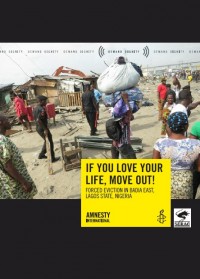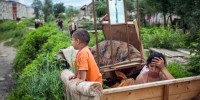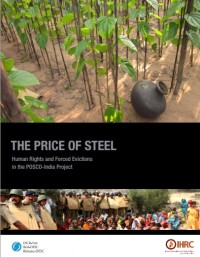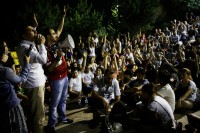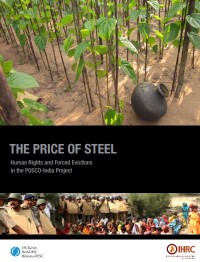In February 2013, hundreds of homes and business premises in the informal settlement of Badia East were demolished, devastating the lives of 9,000 people. Residents maintain they were given no notice of the eviction. Nearly six months on, there has been no government support following the loss of their homes and livelihoods, and the overwhelming majority are unable to rent or obtain alternative housing.
Latest news
- France begins eviction of 650 migrants from Calais camps
- Anti-eviction group creates crowdsourcing map for stories of displacement
- More foreclosures, more middle-aged suicides, study finds
- When it comes to hosting the Olympics, more cities are saying, ‘Hold that thought.’
- European leaders urged to end plight of 600,000 stateless people
Latest from the collection
- Raquel Rolnik’s mandate ends. Leilani Farha is the new rapporteur. – Newsletter #47
- Roots and Branches
- New Materials on Security of Tenure in Several Languages – Newsletter #46
- Guide: Guiding principles on security of tenure for the urban poor
- Address acute housing crisis – Special rapporteur on adequate housing
Learn more
